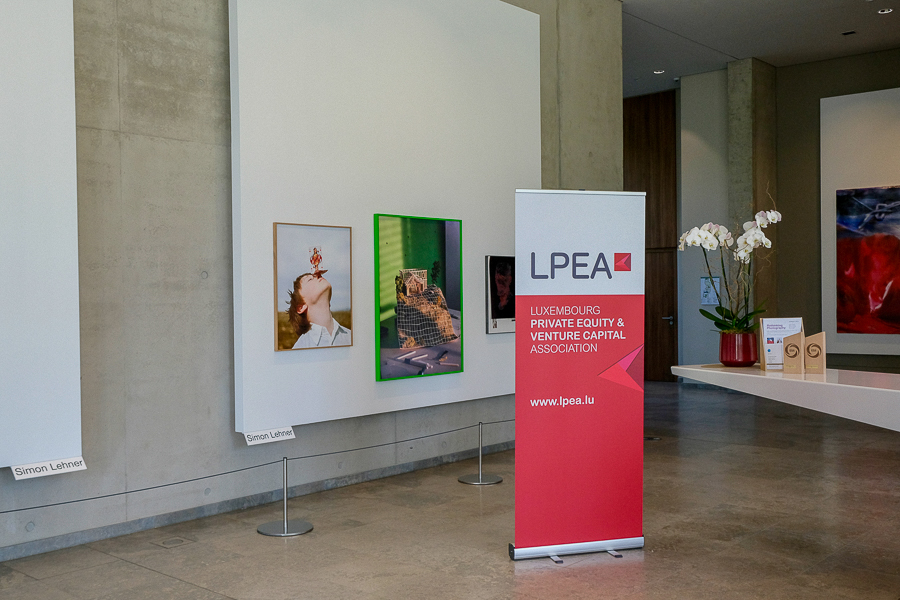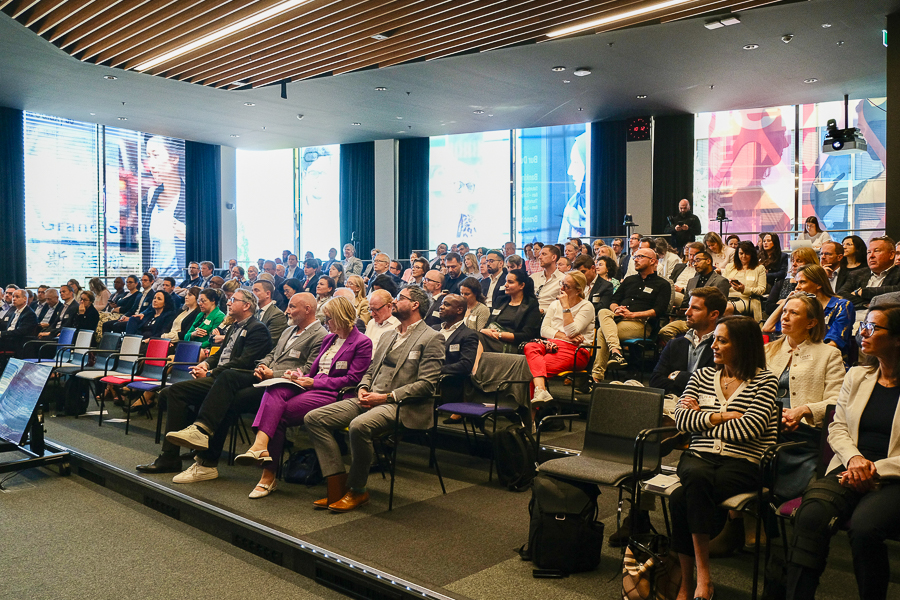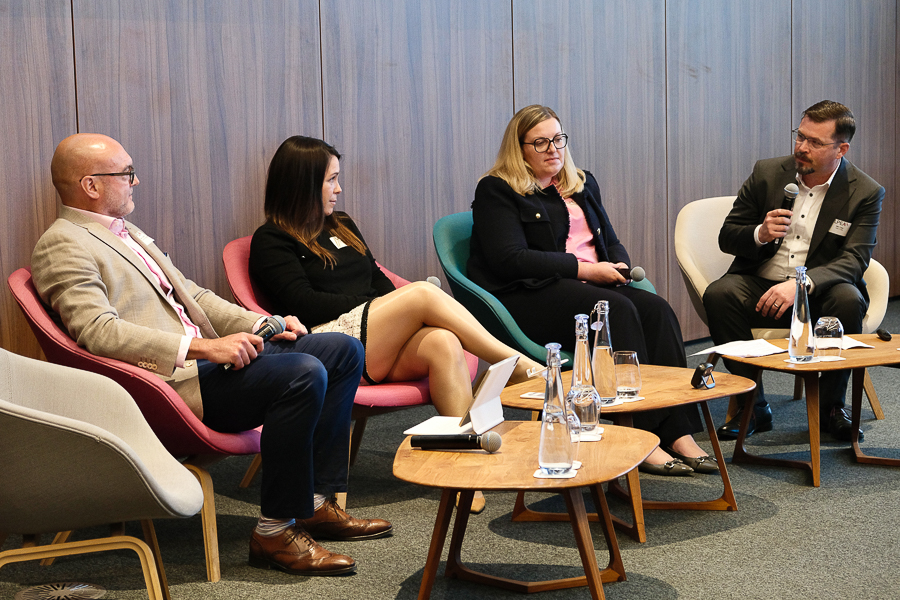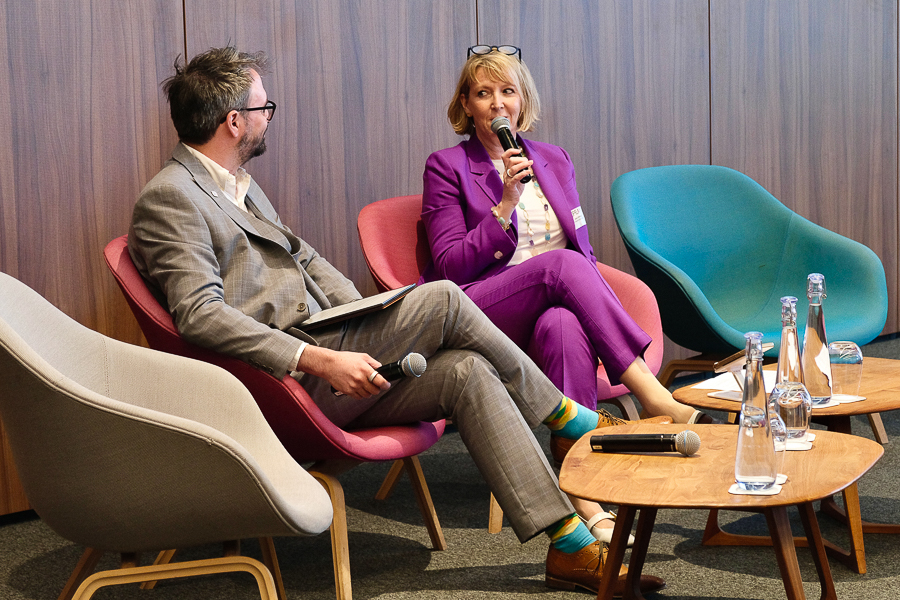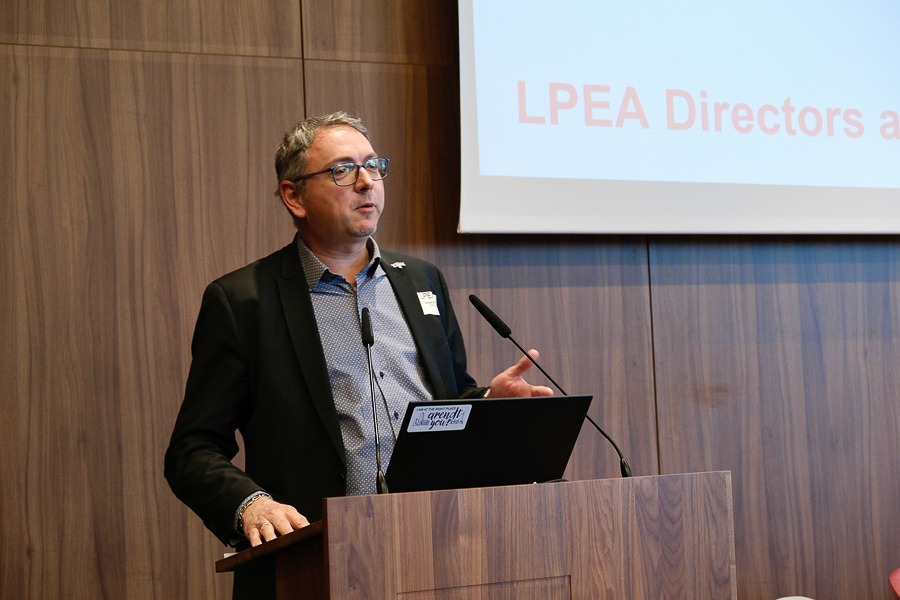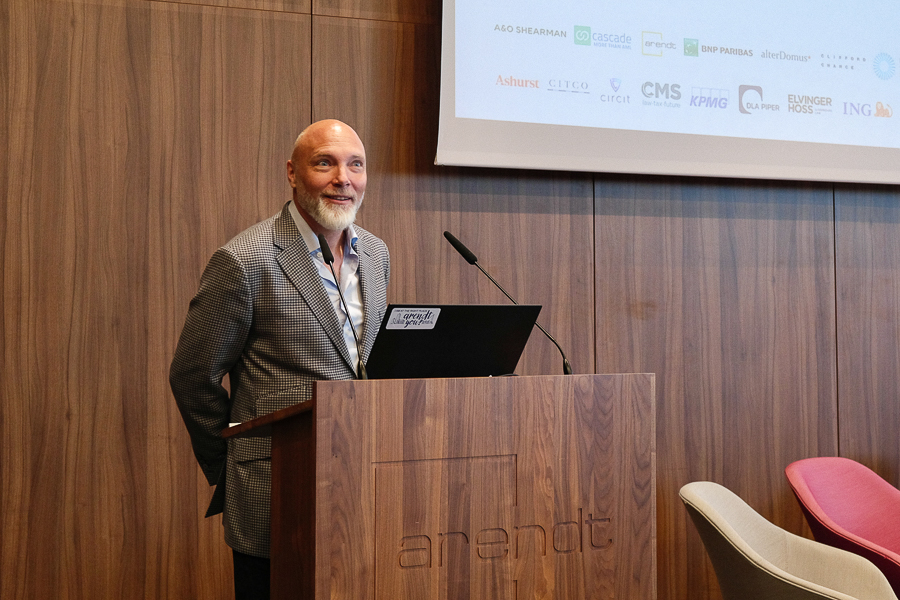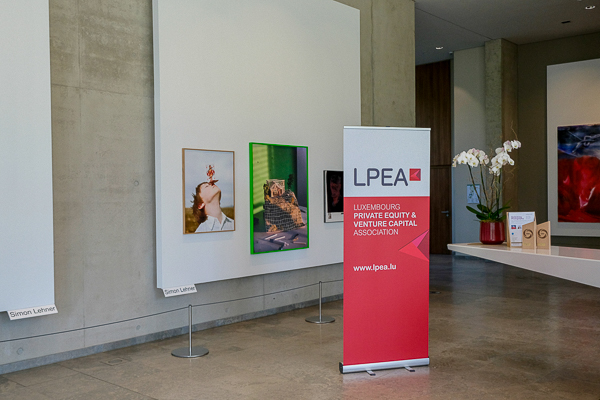 Credit: Ali Sahib, Chronicle.lu
Credit: Ali Sahib, Chronicle.lu
On Friday 16 May 2025, the Luxembourg Private Equity & Venture Capital Association (LPEA) Independent and Non-Executive Directors Club held its Directors and Governance Day at the premises of Arendt & Medernach in Luxembourg-Kirchberg.
The event began with an opening speech from independent Non-Executive Director, Nicholas Curwen, where he welcomed attendees before introducing CEO of LPEA, Stephane Pesch, to present the welcoming speech. Mr Pesch thanked the guest speakers for their presence before he talked of the recent success and achievements of the LPEA and detailed the discussions which would take place across the event.
Co-Chair of the Non-Executive Directors Committee of LPEA, Jane Wilkinson, then undertook a question-and-answer session with CEO of Luxembourg for Finance (LFF), Tom Theobald, during which they discussed the latter’s work in promoting Luxembourg’s financial centre across the world. He described the LFF’s work in creating promotional materials, drafting communications and producing marketing materials and organising events and receptions for the LFF representatives who travel abroad to promote the country. He noted: “A lot of time we spend in markets that are essentially established markets but it is also a lot about relationship management. We do that on our own, but also, of course, several times a year with the finance minister, which also helps to open doors at the highest level.”
In response to a question relating to how the LFF sells the benefits of Luxembourg’s financial market, he said: “What we always do is we have a fantastic team in business development for people that cover the different markets.” He added: “We do a lot of desk research to make sure to look at the structures of these firms to see how they are already set up. What is the potential for internationalisation? And, of course, talk with people in the industry.” In describing the benefits of undertaking business in Luxembourg, he noted “the stability and the predictability of the country” and the importance of Luxembourg’s financial ecosystem, which “can offer, especially in cross-border finance, cross-border investments; connecting different markets”. He also remarked on the accessibility of key decision makers and highlighted the opportunities to “sit in a meeting with the [Luxembourg] finance minister, where firms actually have the opportunity to discuss the challenges that they see”. He also remarked on the importance of Luxembourg’s multilingual population and how this often surprises the firms with which he talks in other countries.
When asked about the misconceptions of Luxembourg he has experienced, Tom Theobald remarked that often “the impression that people sometimes have abroad [is] that Luxembourg is a French-speaking jurisdiction or a German-speaking jurisdiction. But it is not necessarily always on the radar of people that we are actually also an English-speaking jurisdiction, certainly in the financial industry”. He added: “Sometimes people forget that we are a country, not just a city. So that's something we often need to explain and comparing, let's say, the size of the country compared to even Singapore, which is, of course, a large financial centre, but actually is a city-state, which Luxembourg isn’t.”
Jane Wilkinson then asked the question of Luxembourg’s often negative reputation, in relation to anti-money laundering (AML) and tax evasion and avoidance. Tom Theobald said: “So that has certainly changed. For us, really and, objectively speaking, it is easy to counter those arguments. We apply exactly the same rules in terms of [the] fight against tax evasion or tax avoidance.” He then provided examples of external factors, such as the Lux Leaks scandal in 2014 and Brexit, which have generated “a lot more discussions around what's actually happening in Luxembourg and how Luxembourg is”.
The discussion then turned to subjects involving private market investments, companies attempting to bring new business to Luxembourg and areas of alternative investment. Tom Theobald remarked: “I think often we don't necessarily have specific discussions with firms around the different asset classes. It is more about their overall strategy for and, this is an important dimension, is Europe attractive? Are there opportunities in Europe?” He added: “If we go out there and promote Luxembourg, essentially what we always do is, by definition, promote Europe and especially the European Union as a jurisdiction. I think that's why it is important to hold the discussions we are now having around the competitiveness of Europe.”
The conversation continued with Mr Theobald’s thoughts on the state of the fund industry in Luxembourg, ongoing crises in the world involving political discourse, war and climate change and any concerns he had about these issues affected the thinking of the finance industry in Luxembourg. He emphasised that “as an open economy and an international financial centre, we are, of course, exposed to all of this” but he added“Europe as a whole is seen as a relatively stable jurisdiction. Luxembourg, in particular, including when it comes to public finances, low public debt and AAA-rated jurisdiction, of course, is even more of an asset today”.
There then followed a panel discussion on “Conflict to Resolution: A Strategic Playbook for Private Capital Directors & Fund Leaders”, which was moderated by LPEA iNED Club Co-Chair, Allen Foley, and included Counsel at Ogier, Hélène Arvis, COO at TREO Asset Management, Gavin Farrell, and Partner at Luther SA, Claudia Hoffmann.
Allen Foley began the discussion by raising the topic of conflict resolution and current opinions on the state of the financial market. Gavin Farrell first described the work of TREO Asset Management in stabilising situations where disputes had arisen between the involved parties. He said: “The more difficult and challenging the situation, the less liquid those funds are and that's when [limited partners] get frustrated and disputes occurs. So that's often where we step in.”
Hélène Arvis added her perspective and noted the potential impact of the rise in fund litigation and described the process to the audience. She said: “Fund litigation is in principle the risk shifting of litigation to a third-party litigation funder so we have one funder coming into a litigation that [is] basically pay our cost[s] or pay the cost[s] of the lawyer and in the end, if we lose the case, then the risk rests on the litigation funder. It is not a loan. On the other end, if we will not win the case, then of course, as you can imagine, they recover their fee and obviously a very substantial part of the proceeds.”
Claudia Hoffman then stated her thoughts from a fund creation perspective. She said: “We see that the investors are getting a bit more nervous. Often these are institutional investors. It is their responsibility as well. So, they're afraid that they are asked, ‘What have you done?’, if something is going wrong in the fund structure.” She added: “It is really [essential] to see what [the] rights are in the [fund] documentation. When you look at it, often they do not have so many rights in the documentation.”
The discussion turned to the subjects of arbitration, confidentiality and the impacts on the drafting of fund documentation.
After a short break, the event continued with a session on tax dispute resolution with Partner at PWC and LPEA Tax Committee Co-Chair, Alina Macovei, a panel discussion on private equity fund financing which was moderated by Independent Non-Executive Director & Advisor, Alessia Lorenti, and featured Head of Finance & Capital Markets at Arendt, Matthieu Taillandier, Country Head Luxembourg at RBS, Daniela Klasén-Martin, Institutional Relationship Management at Spuerkeess (BCEE), Yves Wampach, and Investment Manager, Private Debt Fund Investments at EIF, Priscilla Schnepper.
The event concluded with a working lunch, where attendees were invited to enjoy drinks and refreshments while discussing the topics raised during the event.


